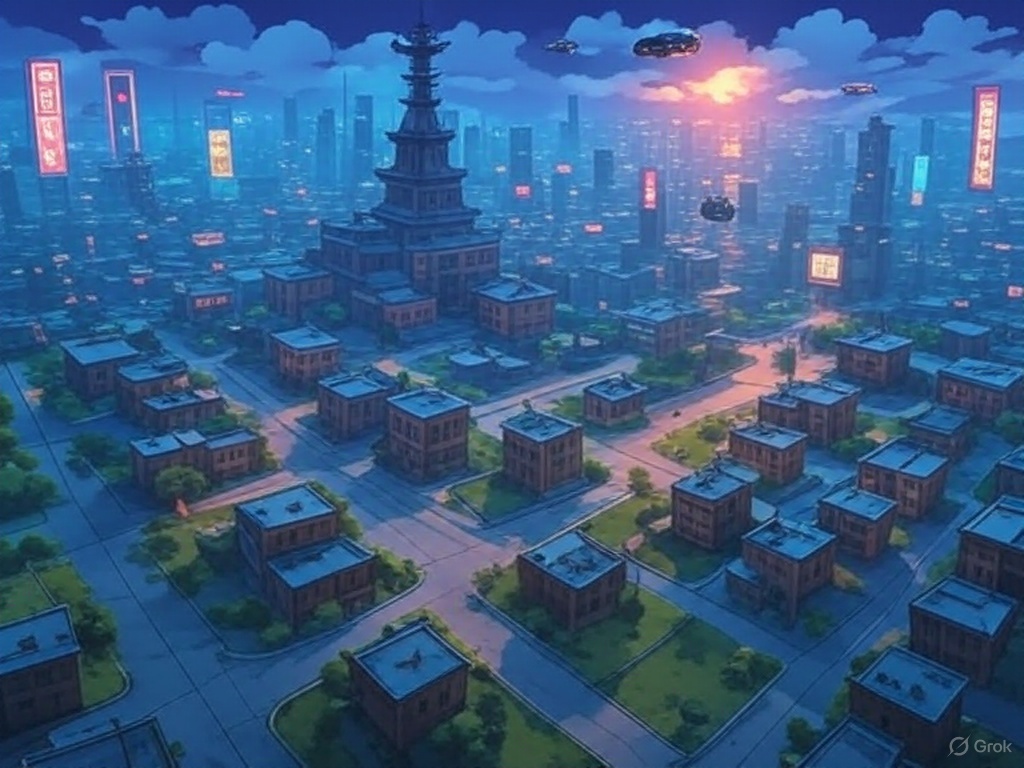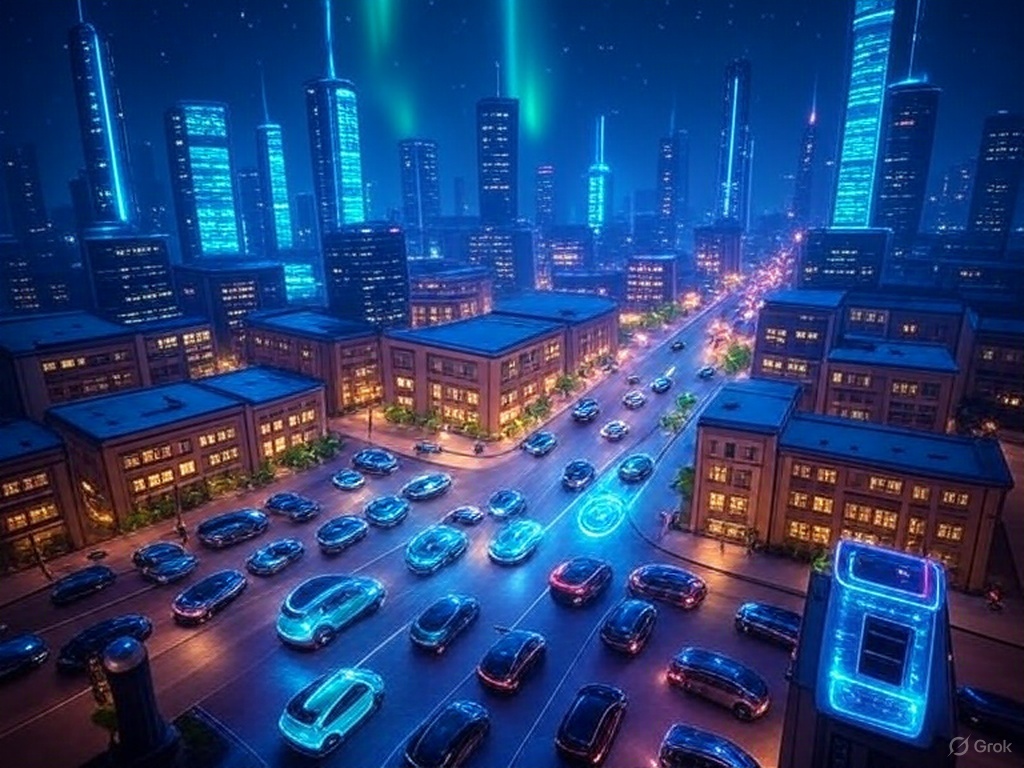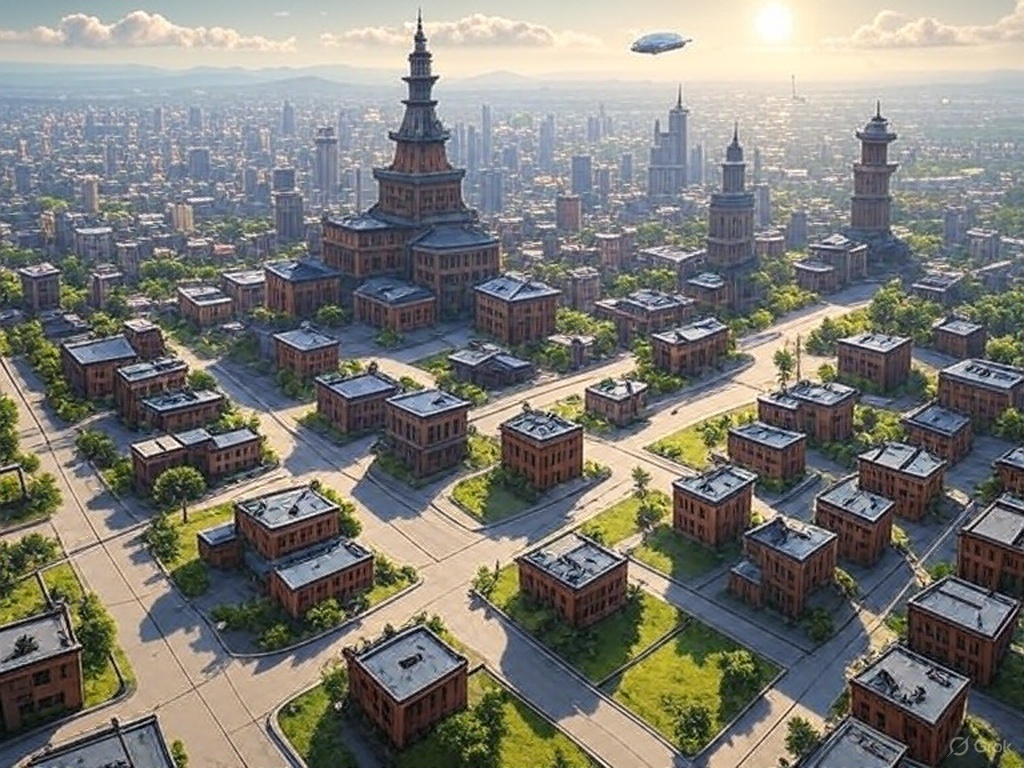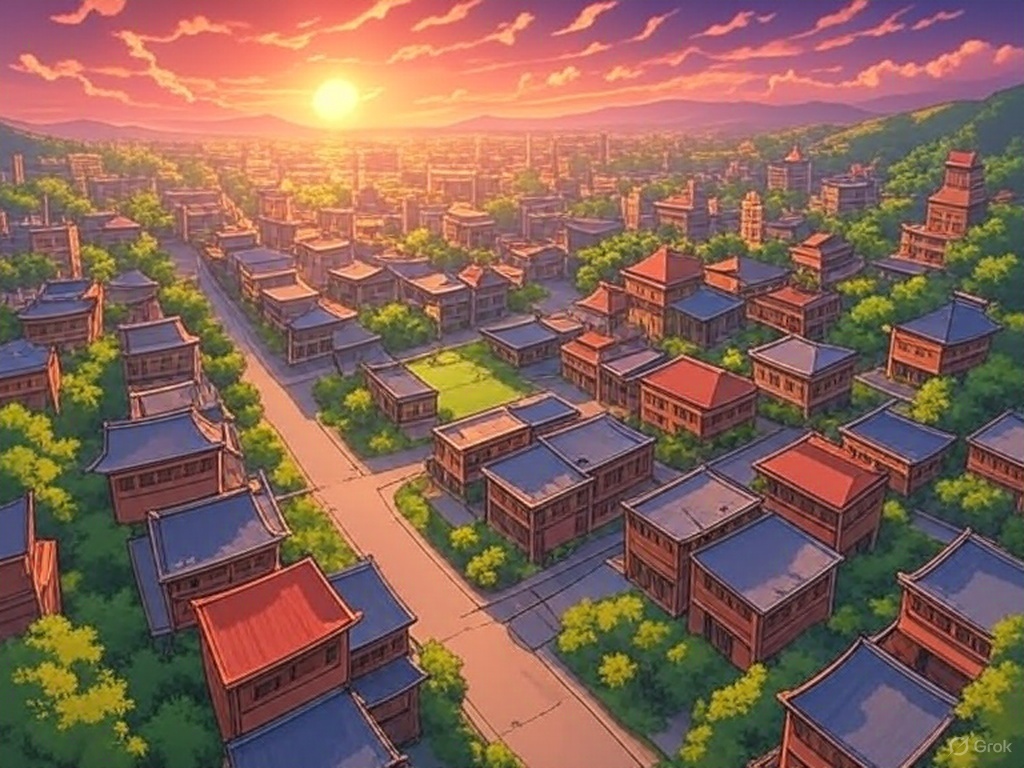Chinese electric vehicle giant BYD is redefining the concept of a factory with a jaw-dropping project that feels more like a futuristic metropolis than a manufacturing hub.
 Spanning a colossal 130 square kilometers — larger than San Francisco, Paris, or Barcelona—this “city-factory” is poised to become a global benchmark for industrial innovation and urban integration.
Spanning a colossal 130 square kilometers — larger than San Francisco, Paris, or Barcelona—this “city-factory” is poised to become a global benchmark for industrial innovation and urban integration.
Unlike traditional factories, BYD’s vision transcends production lines. The complex will house a self-sustaining ecosystem, including residential areas for 100,000 workers and their families, football fields, shopping malls, schools, and kindergartens.
 This isn’t just a workplace; it’s a fully functional city designed to support a thriving community while churning out over one million electric vehicles annually.
This isn’t just a workplace; it’s a fully functional city designed to support a thriving community while churning out over one million electric vehicles annually.
The sheer scale of the project underscores BYD’s ambition to dominate the global EV market. By blending cutting-edge manufacturing with urban planning, the company aims to create a model where efficiency and livability coexist.
Workers will live steps away from their jobs, reducing commutes and fostering a sense of community, while state-of-the-art facilities ensure production keeps pace with booming demand for sustainable transport.
 Also read:
Also read:
- AI-Induced Psychosis: The Unseen Dangers of an Uncomfortable Truth
- Apple’s Streaming Gamble: $1 Billion Annual Loss on High-Cost Projects Like Severance and F1
- Google Maps Now Plans Your Travel Routes Using Instagram Screenshots
 Critics may question the environmental and logistical challenges of such a massive undertaking, but BYD’s track record suggests they’re up to the task.
Critics may question the environmental and logistical challenges of such a massive undertaking, but BYD’s track record suggests they’re up to the task.
The company has already disrupted the automotive industry with its affordable, high-quality EVs, and this city-factory could cement its status as a global leader.
As cities like Paris and San Francisco grapple with urban sprawl and sustainability, BYD’s bold experiment might just offer a glimpse into the future of industrial urbanism — a place where factories don’t just build products, but entire ways of life.






